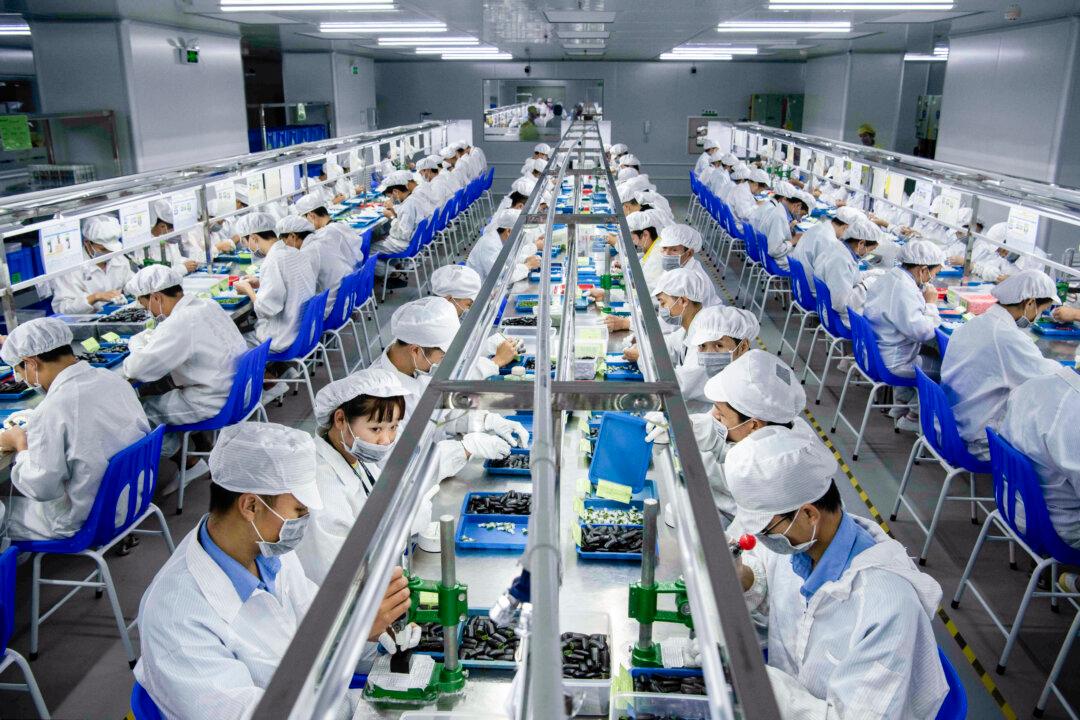In the wake of new delta variant infections spreading through China, the regime is re-enacting harsh, draconian measures on locals in affected areas.
A truck driver and his father have lived out of their truck for five days on the edge of Yangzhou city in Jiangsu province. He says they have only been able to eat instant noodles, as the stringent lockdown stops them from returning home.




